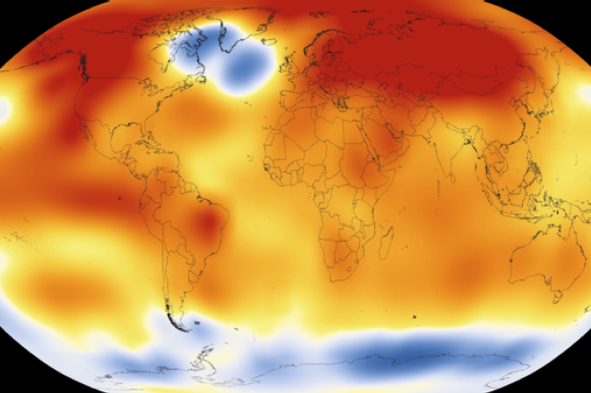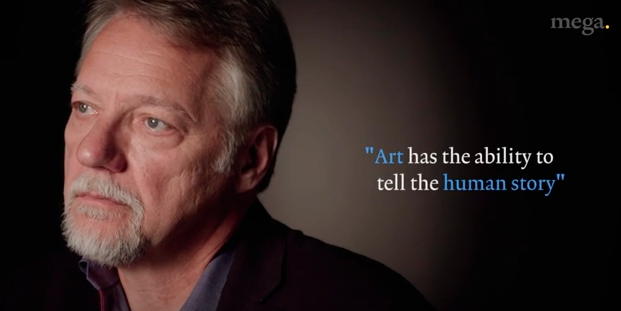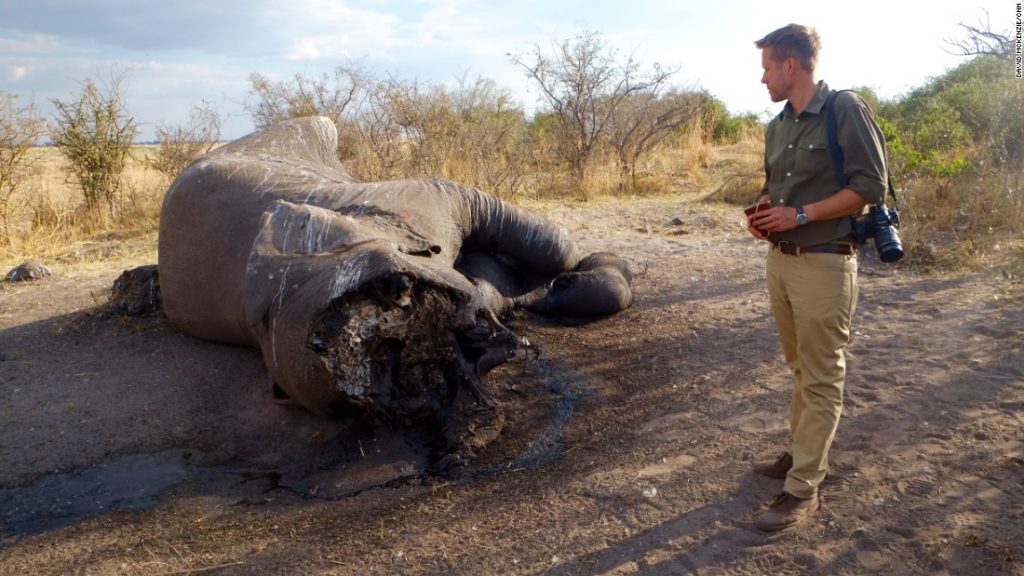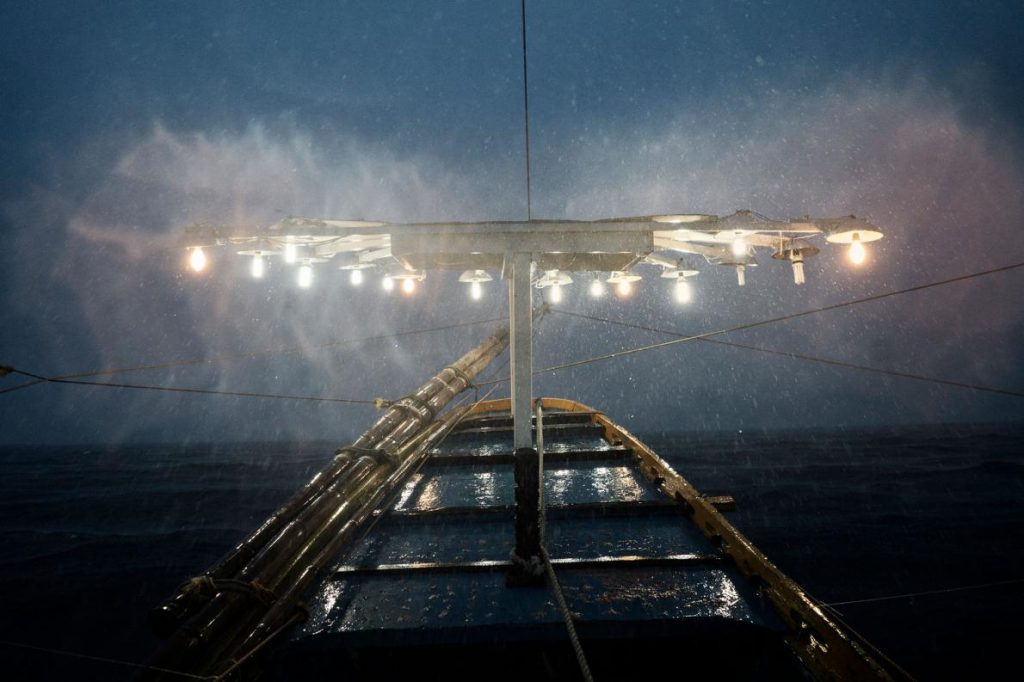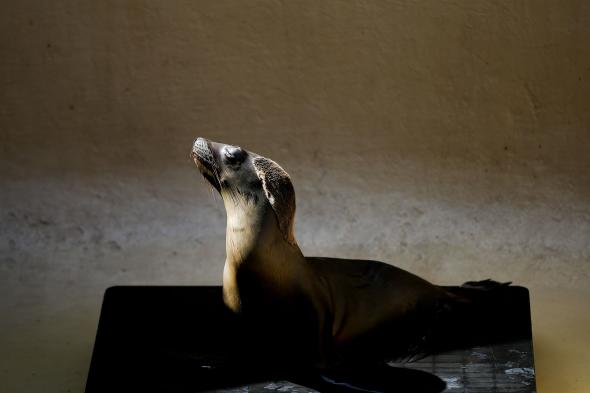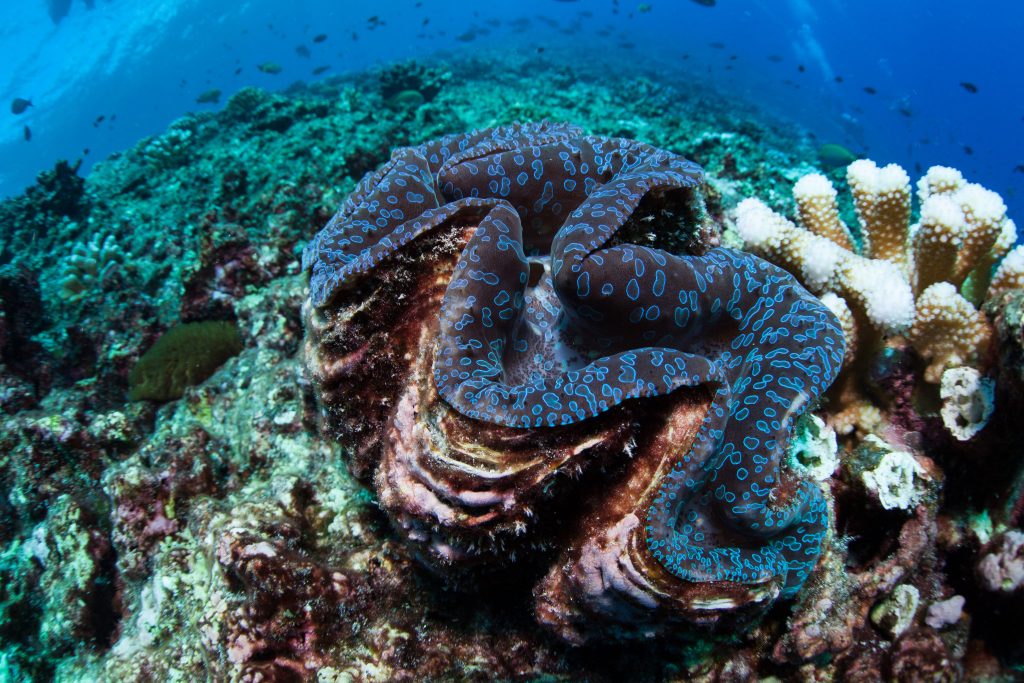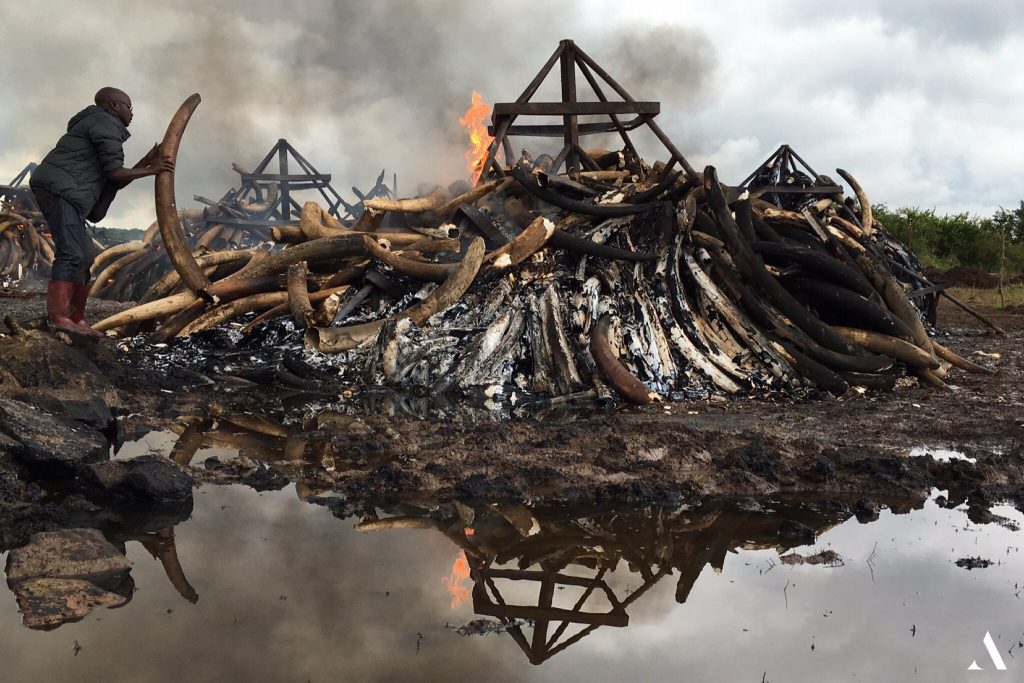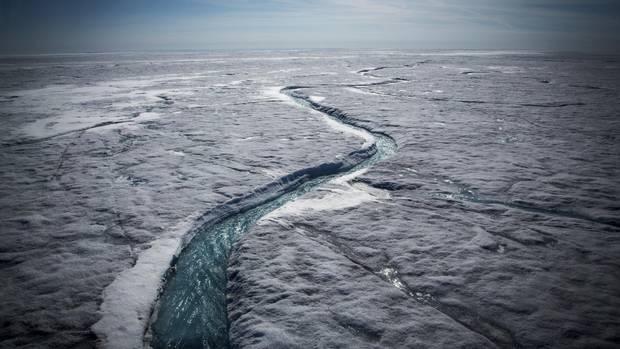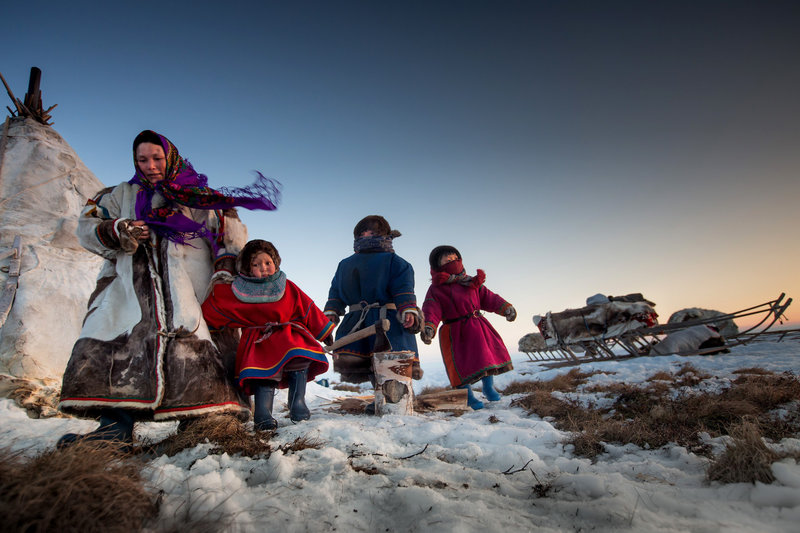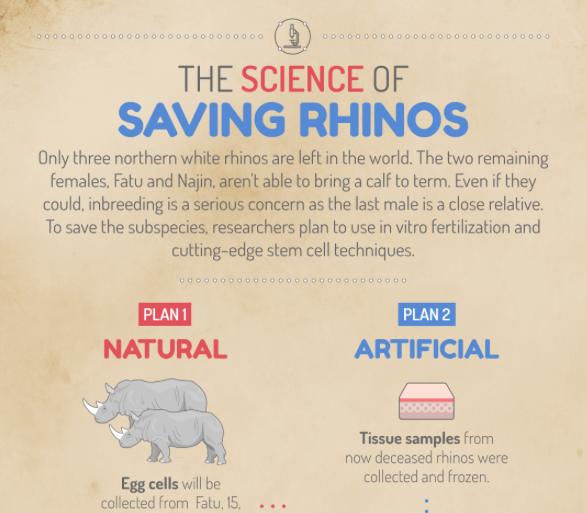Project Press
The world passes 400ppm carbon dioxide threshold. Permanently
By Brian Kahn | The Guardian In the centuries to come, history books will likely look back on September 2016 as a major milestone for the world’s climate. At a time when atmospheric carbon dioxide is usually at its minimum, the monthly value failed to drop below 400 parts per million (ppm). That all but ensures…
Read MoreLimiting the Planet to 1.5 Degrees C of Warming Is Crucial, but It Won’t Be Easy
By Clive Hamilton | Scientific American Astonishment was universal last December when the Paris Agreement on climate change included the aspiration to limit warming to 1.5° C above pre-industrial levels, a much tougher target than the standard of 2°, now seen as too risky. It was a remarkable triumph for a long campaign by the small…
Read MoreWWF Scorecard shows which companies kept their promises to consumers on palm oil
By WWF Gland, Switzerland. While many palm oil buyers are taking the right actions on palm oil, some have failed to keep their promises to consumers or are still doing nothing at all to help reduce deforestation and other adverse impacts of producing the world’s most popular vegetable oil in some of the most vulnerable tropical…
Read More375 top scientists warn of ‘real, serious, immediate’ climate threat
By John Abraham | The Guardian Yesterday, 375 of the world’s top scientists, including 30 Nobel Prize winners, published an open letter regarding climate change. In the letter, the scientists report that the evidence is clear: humans are causing climate change. We are now observing climate change and its affect across the globe. The seas are rising,…
Read MoreThanks to Mega for bringing awareness to The Anthropocene Project
Our new film is out! Watch @edwardburtynsky discuss his upcoming documentary the @anthropocene. #photography #art https://t.co/aWnGfKBpYo — Mega (@megaonline) September 12, 2016
Read More‘Our living dinosaurs’ There are far fewer African elephants than we thought, study shows
By David McKenzie and Ingrid Formanek | CNN | August 31, 2016 Linyanti Swamp, Botswana (CNN)Scanning Botswana’s remote Linyanti swamp from the low flying chopper, elephant ecologist Mike Chase can’t hide the anxiety and dread as he sees what he has seen too many times before. “I don’t think anybody in the world has seen the number of…
Read MoreOne of the World’s Biggest Fisheries Is on the Verge of Collapse
By Rachael Bale | National Geographic | August 29, 2016 PUERTO PRINCESA, PHILIPPINESYears ago Christopher Tubo caught a 660-pound blue marlin in the South China Sea. The fishing was good there, he says. Tuna fishermen would come home from a trip with dozens of the high-value fish as well as a good haul of other species.…
Read MoreOcean Slime Spreading Quickly Across the Earth
By Craig Welch | National Geographic | August 19, 2016 When sea lions suffered seizures and birds and porpoises started dying on the California coast last year, scientists weren’t entirely surprised. Toxic algae is known to harm marine mammals. But when researchers found enormous amounts of toxin in a pelican that had been slurping anchovies, they decided to…
Read MoreGiant Coral Reef in Protected Area Shows New Signs of Life
By Karen Weintraub | The New York Times | August 15, 2016 In 2003, researchers declared Coral Castles dead. On the floor of a remote island lagoon halfway between Hawaii and Fiji, the giant reef site had been devastated by unusually warm water. Its remains looked like a pile of drab dinner plates tossed into the…
Read MoreWorld Elephant Day
It's #WorldElephantDay & we are remembering the @kwskenya Ivory Burn as a powerful statement against the ivory trade pic.twitter.com/bL4sLzJKpG — Anthropocene Film (@anthropocene) August 12, 2016
Read MoreFixing water quality for Great Barrier Reef will cost $8.2bn, report finds
By Michael Slezak | The Guardian | August 12, 2016 Attempting to fix the water quality for the Great Barrier Reef will cost $8.2bn in the next decade but even then some of the targets will be impossible to meet, according to a landmark report commissioned by the Queensland government. The targets are part of the federal government’s…
Read MoreMore than 60% of Maldives’ coral reefs hit by bleaching
The Guardian | August 8, 2016 More than 60% of coral in reefs in the Maldives has been hit by “bleaching” as the world is gripped by record temperatures in 2016, a scientific survey suggests. Bleaching happens when algae that lives in the coral is expelled due to stress caused by extreme and sustained changes in temperatures,…
Read MoreThaw could release U.S. toxic waste buried under Greenland’s ice
OSLO – Reuters | The Globe and Mail | August 5, 2016 Global warming could release radioactive waste stored in an abandoned Cold War-era U.S. military camp deep under Greenland’s ice caps if a thaw continues to spread in coming decades, scientists said on Friday. Camp Century was built in northwest Greenland in 1959 as part…
Read MoreAnthrax Outbreak In Russia Thought To Be Result Of Thawing Permafrost
By Michaeleen Doucleff | NPR.org| August 3, 2016 Russia is fighting a mysterious anthrax outbreak in a remote corner of Siberia. Dozens of people have been hospitalized; one child has died. The government airlifted some families out because more than 2,000 reindeer have been infected. Officials don’t know exactly how the outbreak started, but the…
Read MoreDo the World’s Three Remaining Northern White Rhinos Have a Future?
By Rachel Nuwer | PBS NatureNOW | July 28, 2016 Sudan is the last of his kind on Earth. He just looks like a rhino. But as his keeper will quickly inform you, he is one of just three northern white rhinos remaining on the planet. The other two, a mother-daughter pair named Najin and Fatu,…
Read More

